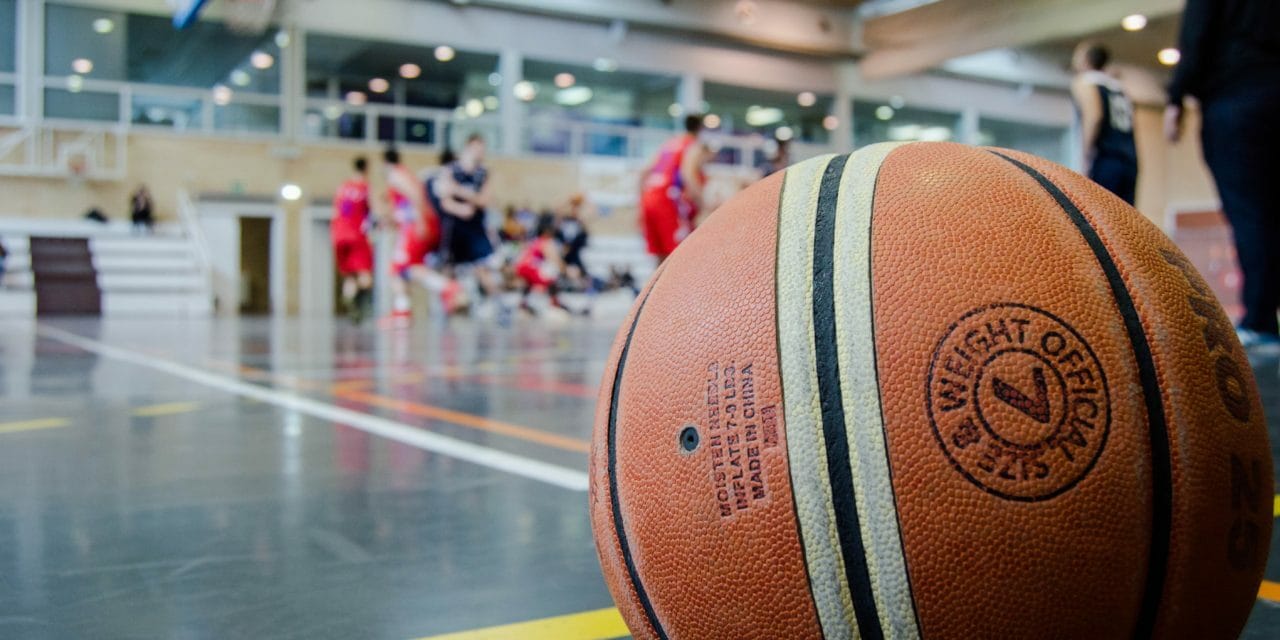Bucket Hats: Discover the Latest Trendy Designs
Bucket Hats: Discover the Latest Trendy Designs Bucket hats have become increasingly popular in recent years as a trendy accessory. These stylish hats are not


“Unprecedented” seems to be the go-to term to describe the year 2020, with all the challenges it has brought. The NCAA has had to carefully revisit several policies for the 2020-2021 academic year and restructure some of its internal leadership and engagement groups.
Most fall sport athletes had their 2020 seasons wiped out thanks to COVID-19’s impact. It then comes as no surprise that leadership revisited the NCAA eligibility rules. All fall and winter sports athletes have received an additional year of eligibility. This added year also comes with an additional year in which athletes can complete their participation.
Both of these changes in flexibility behind NCAA eligibility rules were granted to spring sports athletes as well. Spring 2020 athletes had their seasons canceled in the face of the raging COVID-19 crisis. Financial aid flexibility has also been factored into these changes in NCAA eligibility rules and remains a component of the recommended measures.

Basketball student athlete engagement rules have changed as a direct result of the 2020 changes to NCAA eligibility rules. This follows suit with the previous tides of change required by the risk of COVID-19. The result is that the NCAA reduced the number of games required for championship selection and participation. Instead of fifteen games required during the 2020-2021 year, each team now needs just eleven games.
This reduction in the number of games required is intended to address concerns for the health and safety of players. Providing teams with maximum flexibility can help drive the most responsible decisions for the health of both the team and its staff. A tighter schedule for basketball competitions is in place beginning in early 2021. All sports, including Division I and II teams, have similarly reduced game schedules. Some schedule reductions are as high as 50%.
Recruitment restrictions have been in place since the coronavirus pandemic was first announced in the spring of 2020. But now, the NCAA has decided that the recruiting dead period must apply for all sports through at least the end of 2020. There are several rules that come into play as part of this dead period. These rules have dealt a blow to Division I school recruitment efforts, without destroying them entirely.
There are no officially hosted on-campus visits currently allowed for recruits, nor can they receive any complimentary game tickets. It is not just recruits who are severely limited in what they can do. Coaches cannot travel to meet with recruits in their hometowns, nor can they attend high school games where prospective recruits may be competing. The in-person recruiting freeze is serious business and must last through at least January 1st of 2021. Violations mark an infraction of NCAA eligibility rules and may undermine student athlete careers as well as any athletic programs breaking those rules.
What this recruiting freeze has meant is that recruiters and athletes alike have needed to be creative in how they communicate with each other. Aside from the heavy use of Zoom and text messaging, virtual campus tours have been a great way to show off programs and facilities to prospects.
In major 2020 Division III news, the NCAA named Keller the chair of the Division III Student-Athlete Advisory Committee (SAAC). This is a position he does not take lightly–with his potential for impact on NCAA eligibility rules. Keller has certain areas in which he’s trying to maximize his impact by embracing his role as the representative voice for athletes. As a dual-sport athlete at Nebraska Wesleyan, Keller excelled at both swimming and football. Keller comes from a family that taught him the value of sports throughout his life. After all, his father has coached the Nebraska Wesleyan football team for the past twenty-four years.
One hotly-debated issue is how an athlete’s name, image, and likeness (“NIL”) can be used to make money. Some athletes are entrepreneurs, while others seek the professional development opportunities that could come out of such business. Without revised policies, athletes are very limited in their ability to make money or leverage their NIL. Keller wants to maintain eligibility for athletes who are trying to make these moves.
Other areas of importance to Keller–and that may have an effect on the NCAA eligibility rules–include sustainability, diversity, and the Special Olympics. In particular, Keller wants to end the stigma of mental health among Division III athletes. He also wants to foster more collaborations that benefit people with special needs, including those that participate in the Special Olympics. Although none of these have resulted in overt changes to NCAA eligibility rules for 2020, they may well have a positive long-term impact.

In non-coronavirus news, NCAA Division I formed a student athlete engagement group dedicated to issues in women’s basketball. This group will partner closely with the student-athlete advisory committee to focus on women’s issues with NCAA eligibility rules.
Previously, the only means for student input were bodies formed within men’s basketball teams, which did not directly support women’s concerns. The formation of this new athlete engagement group will allow a broader range of diverse voices to share their input, insights, and experiences. In turn, this group aims to create a more inclusive NCAA student athlete experience. This student athlete group has a total of thirty-two female basketball players. This group of female athletes represents a broad range of schools and their athletic programs.
We want to know what you think of all of the new NCAA Eligibility rules, and the impact of covid in college sports. Do you think March Madness is going to happen? Is it going to be May Madness now? Do you think NCAA sports and basketball, in particular, will get canceled entirely? Let us know what you think!
We are trying to do our best to keep you safe during these rough times. We want you to continue to play sports and stay active, but we want you to do it safely. At wholesaleforeveryone we are lucky enough to have plenty of masks, bandanas, and other PPE products to help keep you as safe as possible when going out or playing sports. Check us out and snag a mask, and maybe one for a friend too!
Bucket Hats: Discover the Latest Trendy Designs Bucket hats have become increasingly popular in recent years as a trendy accessory. These stylish hats are not

The ultimate guide to rocking the trendy bucket hat styles. Elevate your fashion game with versatile and stylish bucket hats. Click here for fashion inspiration and tips!
Discover the best places to buy bandanas and find your unique bandana style. Explore the wide range of designs and styles available at Wholesaleforeveryone.com and get free shipping on orders over $35
Discover how to create a stylish and versatile wardrobe with tops. Elevate your outfits and transform your style with the right tops. Click here to learn more.
Discover expert tips for caring and maintaining your tops to build a versatile wardrobe. Extend their lifespan, retain shape and color, and save money with proper care. Click now for a wardrobe that truly represents you
Fashion events for tops, including t-shirts, shirts, hoodies, and jackets, showcase the latest trends and styles. Stay updated with industry developments and explore Wholesaleforeveryone.com’s collection for quality